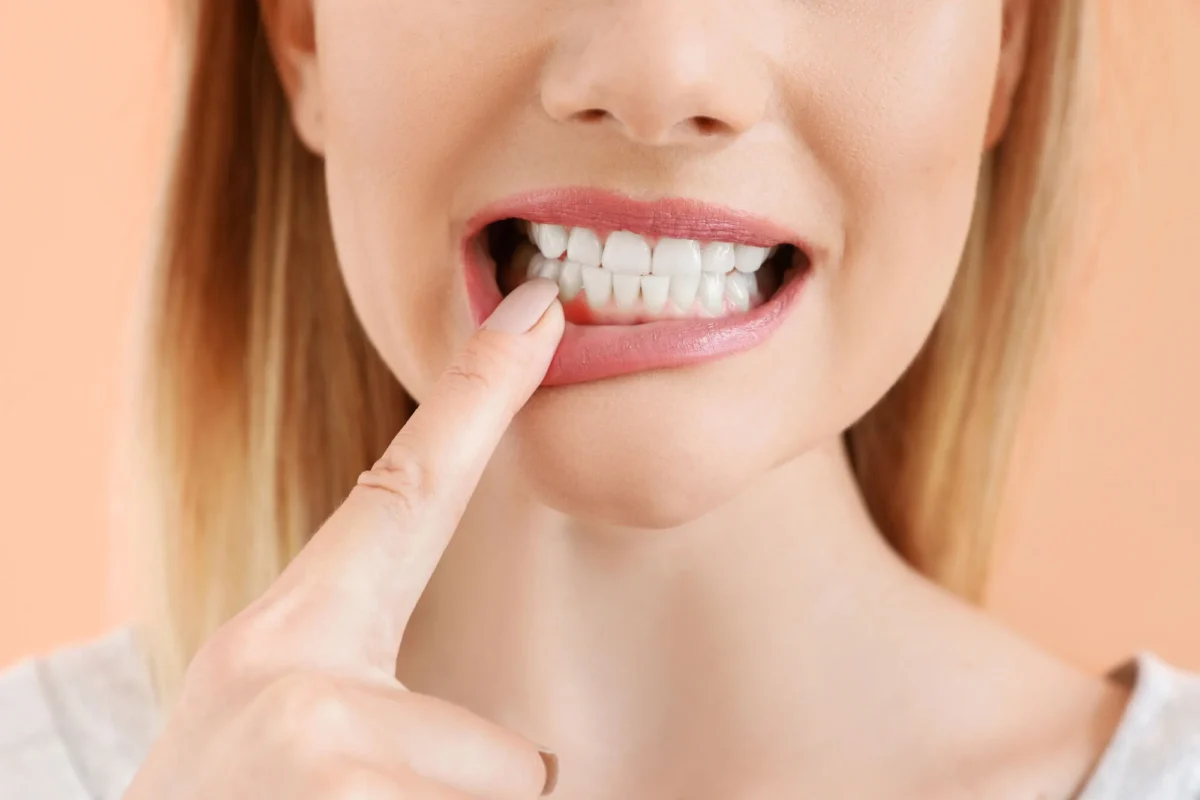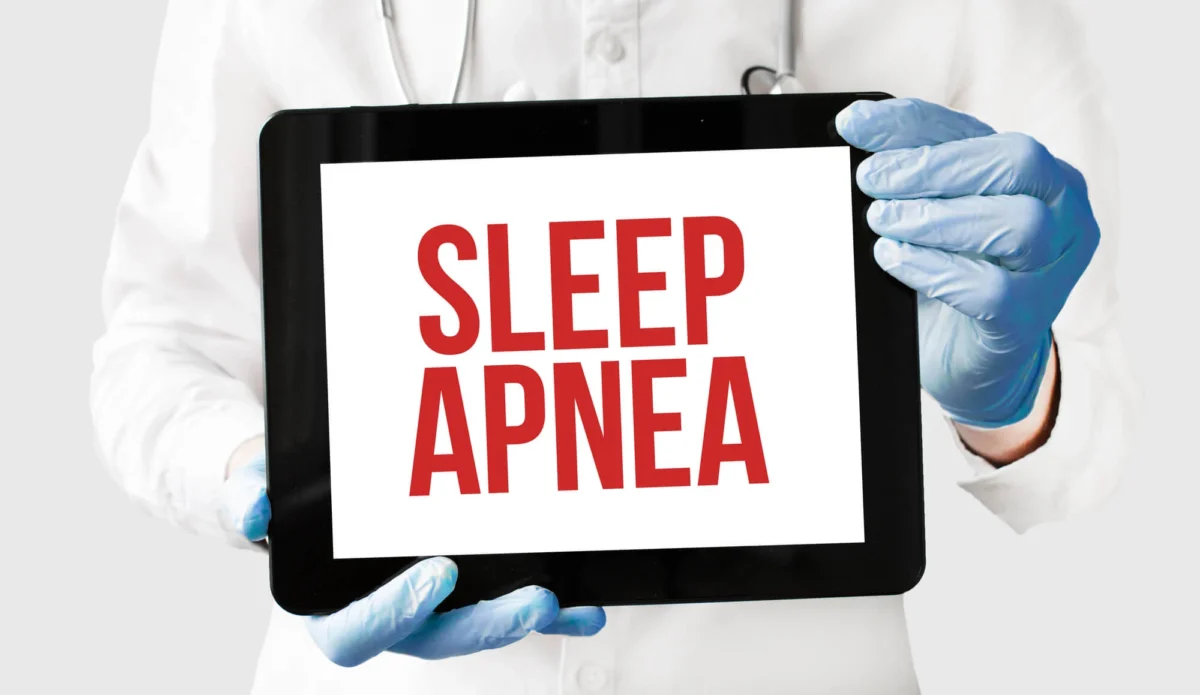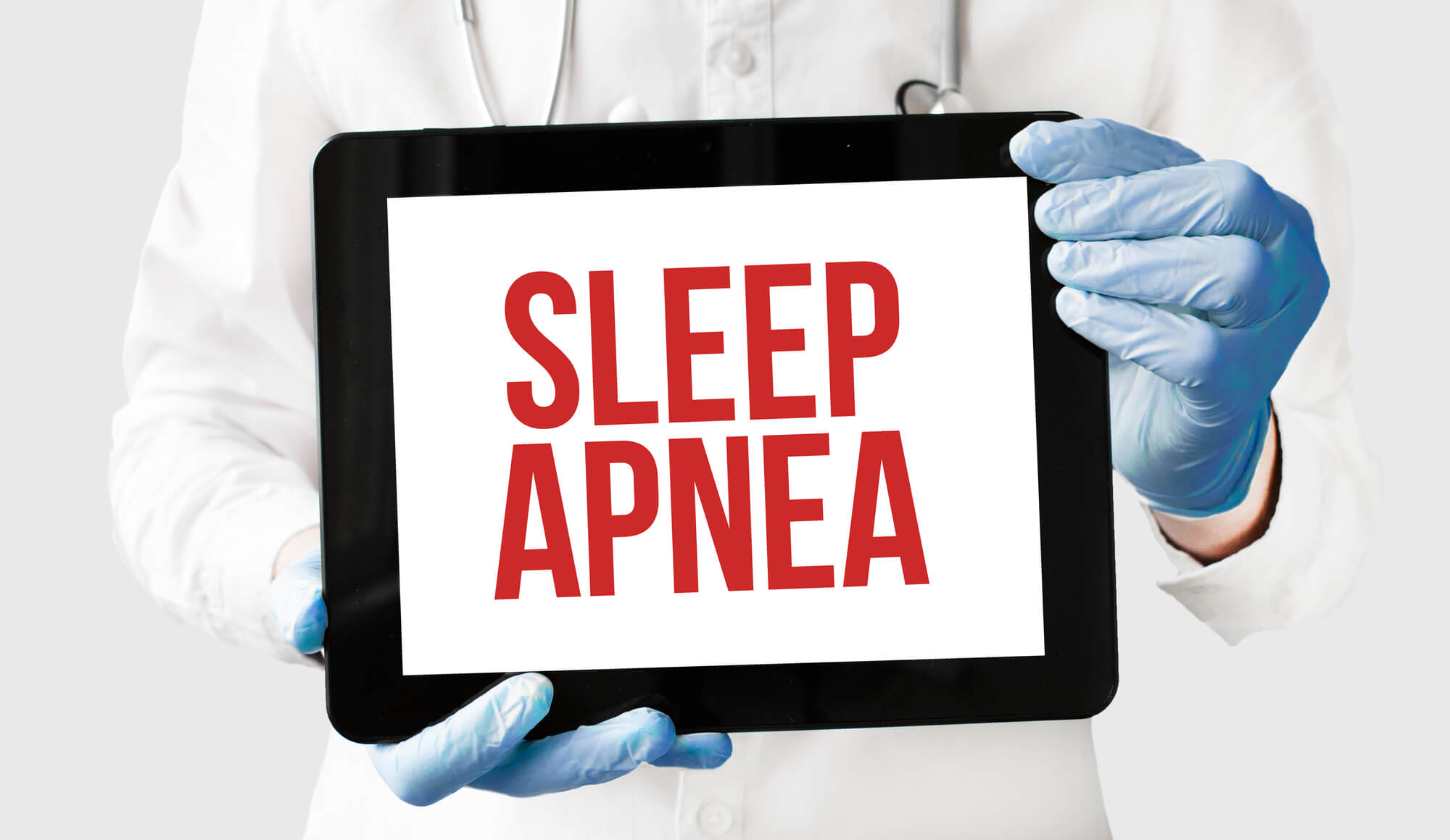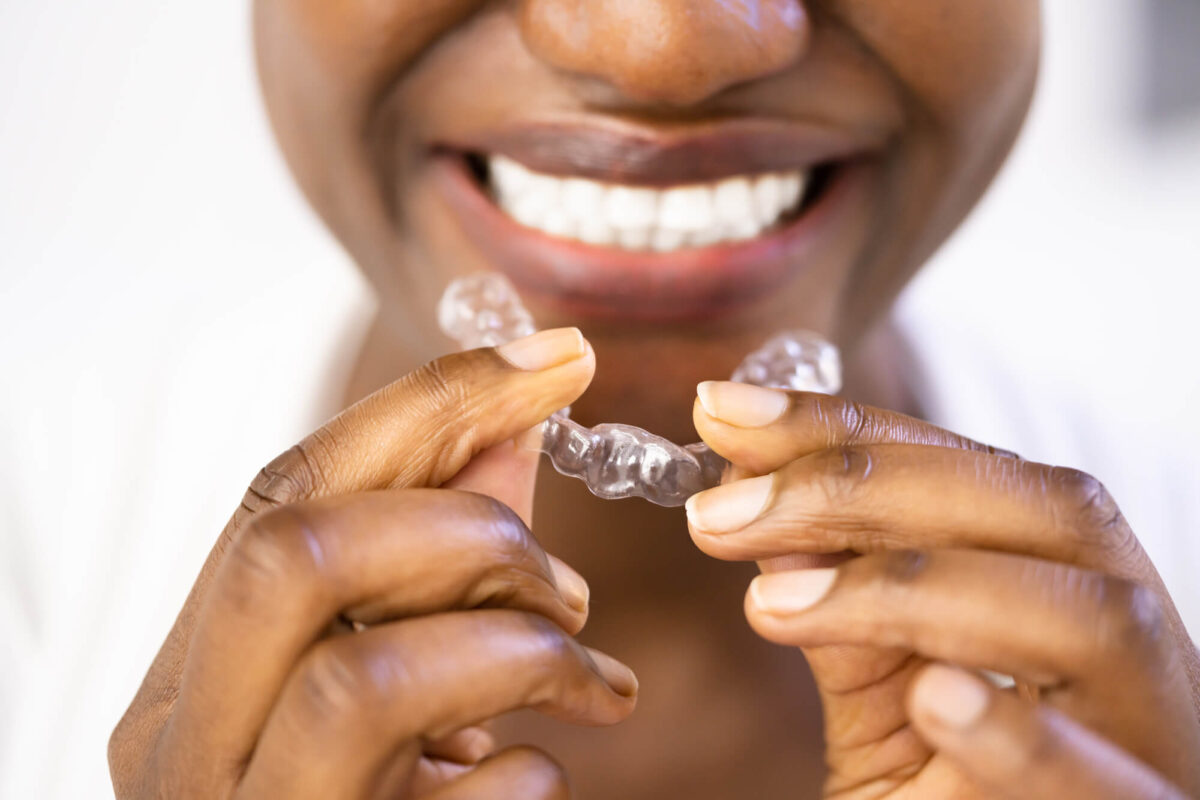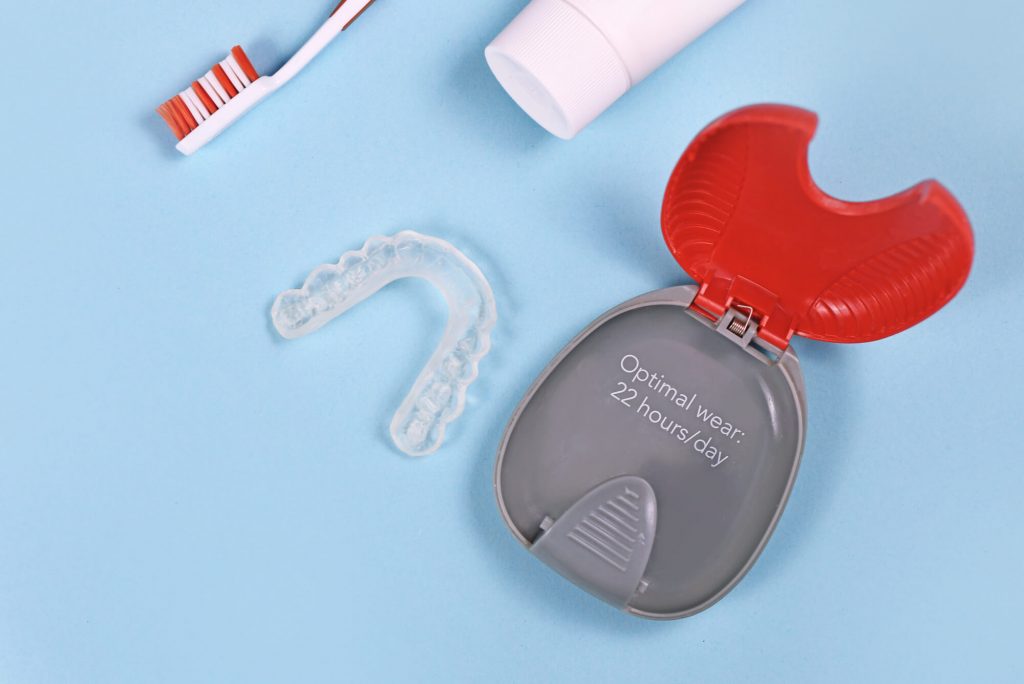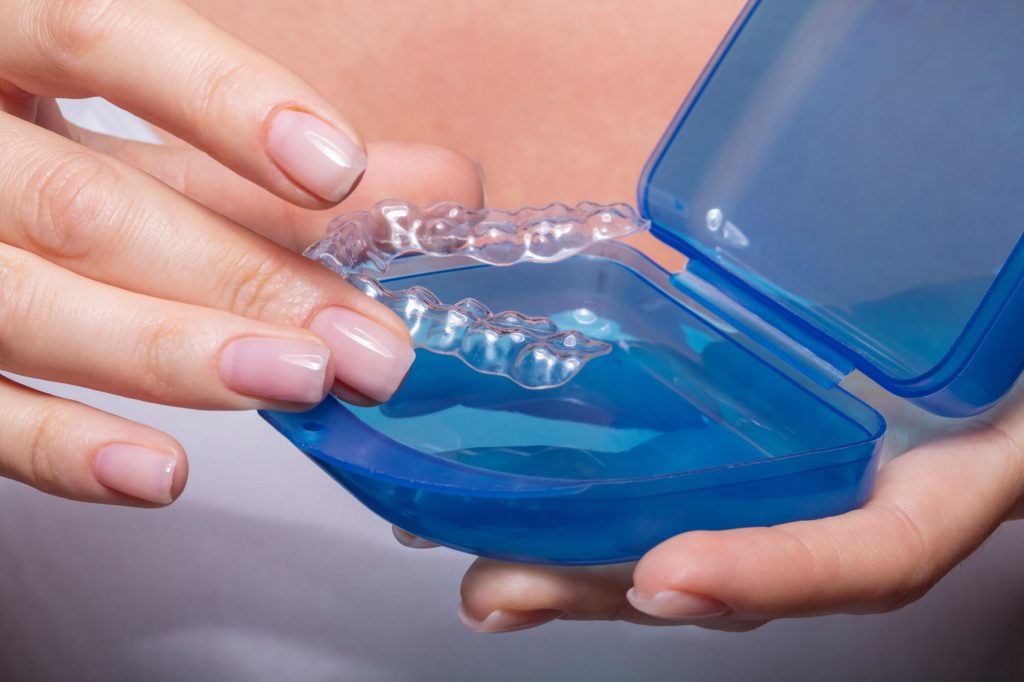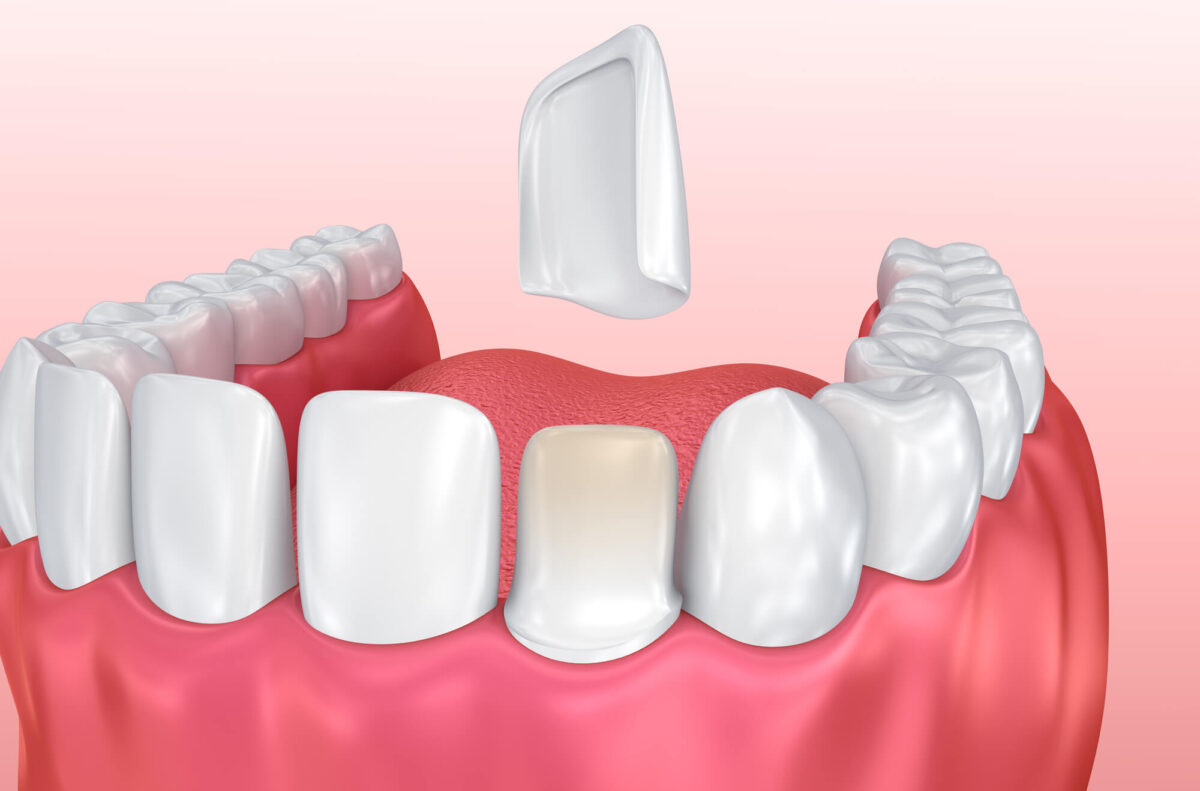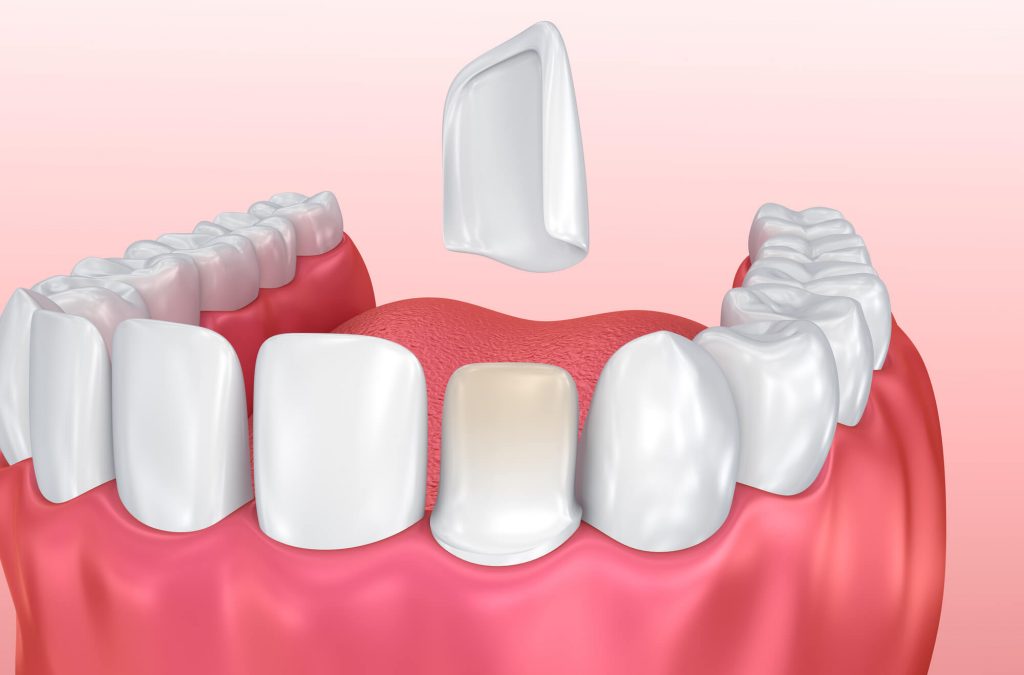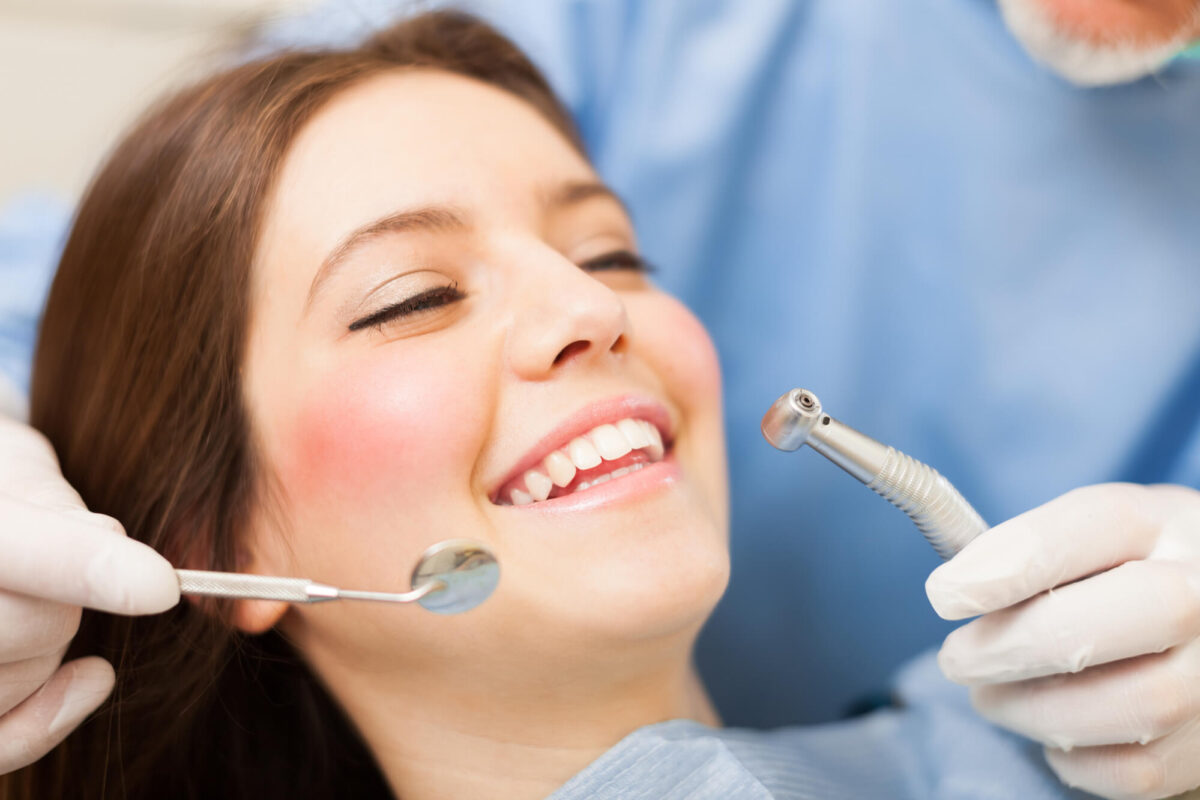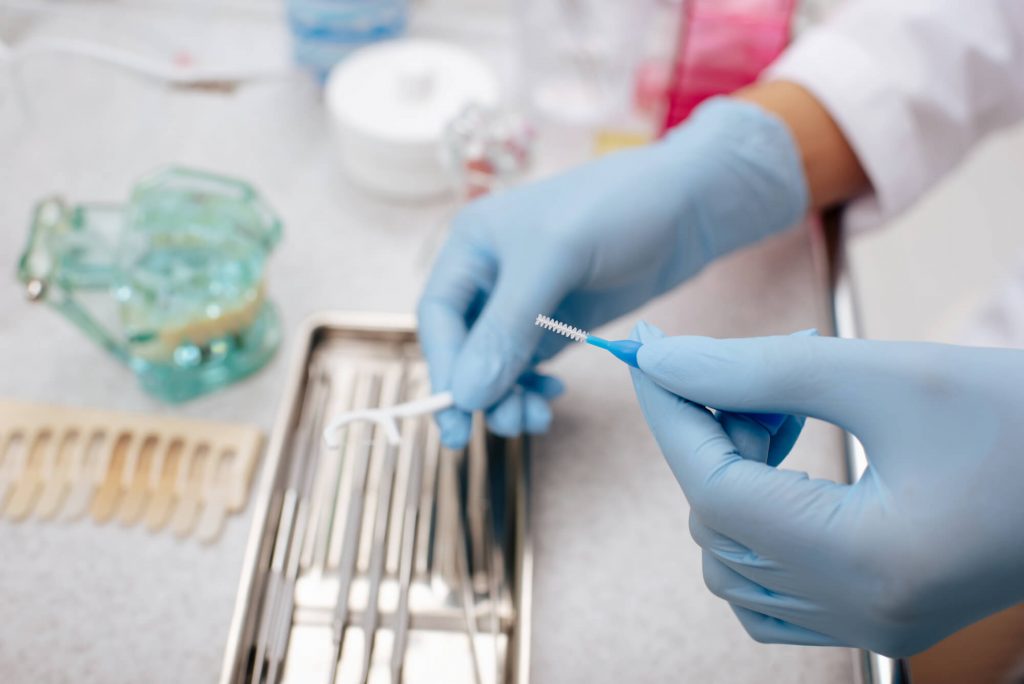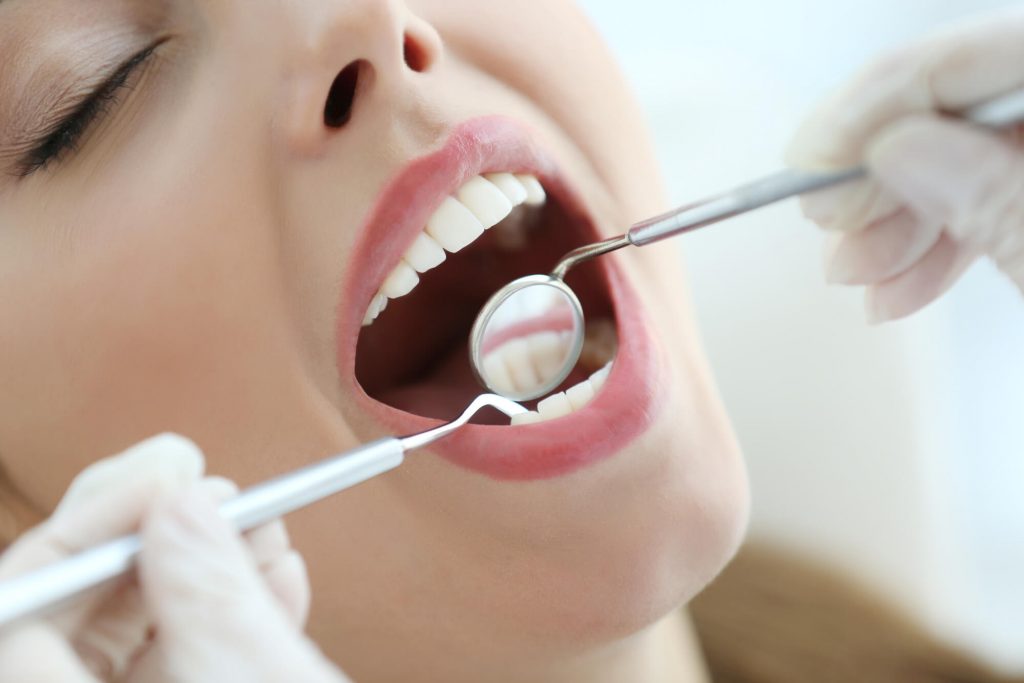The Hidden Dangers of Ignoring Gum Disease
Your oral health is like a puzzle, with each piece playing a vital role in the big picture of your well-being. Among these pieces, gum health often takes the back seat. However, overlooking gum disease can have far-reaching consequences. Let’s discover the potential dangers of neglecting your gums, why regular check-ups with a Las Vegas dentist are crucial, and how taking care of your gum health can lead to a happier, healthier you.
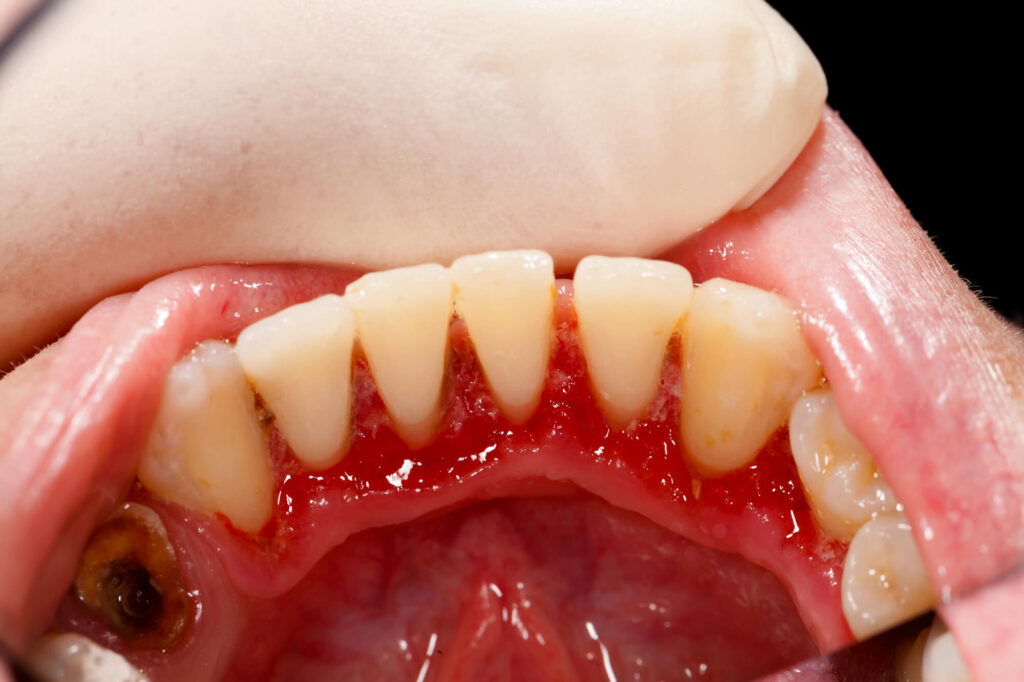
Gum Disease: The Quiet Intruder
The Sneakiest Symptoms
Gum disease, also known as periodontal disease, often enters your life quietly, concealing itself behind symptoms that may appear insignificant at first glance. These subtle signs can easily be overlooked, leading to delayed intervention and potential complications. Here’s a closer look at these sneaky symptoms:
- Occasional Bleeding: One of the earliest signs of gum disease is bleeding gums, often noticed while brushing or flossing. It’s easy to dismiss this as a minor issue or attribute it to brushing too vigorously. However, persistent bleeding is a red flag.
- Mild Gum Inflammation: Slight redness or puffiness of the gums might seem harmless, and many people brush it off as a temporary irritation. However, these early signs of inflammation can be indicative of underlying gum disease.
Progression to Periodontitis
Gum disease doesn’t stop at its mild stage. When left unchecked, it can advance to periodontitis, a more severe and damaging form of the condition. Here’s how this progression unfolds:
- Tissue and Bone Damage: Periodontitis involves significant damage to the tissues supporting your teeth, including the bone beneath. This damage weakens the structural integrity of your teeth and can lead to mobility.
- Formation of Pockets: Pockets or gaps may develop between your teeth and gums as the disease progresses. These pockets become prime spots for bacterial buildup, exacerbating the condition.
Tooth Loss: The Ultimate Consequence
The ultimate peril of untreated gum disease is tooth loss. As the supporting structures of your teeth continue to weaken, they become unstable, increasing the risk of tooth extraction. Losing teeth goes beyond the functional implications, affecting your ability to chew, speak, and even your self-esteem. It can have a profound impact on your overall quality of life.
Systemic Health Implications
Gum disease’s consequences aren’t confined to your oral cavity; they extend throughout your body. Recent research has illuminated significant links between gum disease and various systemic health conditions, including:
- Heart Disease: Gum disease and heart disease appear to share common risk factors, and the inflammation associated with gum disease may contribute to cardiovascular issues.
- Diabetes: Gum disease can make it more challenging to control blood sugar levels in individuals with diabetes, potentially worsening their condition.
- Respiratory Issues: As the bacteria from gum disease can enter the bloodstream, they may also reach the lungs, contributing to respiratory problems.
Prevention and Treatment
Daily Oral Care
Effective oral hygiene at home plays a pivotal role in keeping gum disease at bay. Brushing your teeth twice a day with a fluoride toothpaste helps remove plaque and bacteria, reducing the risk of gum problems.
But it’s not just about brushing; proper technique matters. Your dentist can provide guidance on the right way to brush, emphasizing the importance of reaching all tooth surfaces and the gumline.
Flossing is equally crucial, as it removes food particles and plaque from between teeth and along the gumline where your toothbrush may not reach effectively. Adding an antimicrobial mouthwash to your daily routine can also help reduce bacteria in your mouth, contributing to better gum health.
Professional Cleanings
Routine dental check-ups are more than just examinations; they include professional cleanings conducted by dental hygienists.
These cleanings are an essential preventive measure to ward off gum disease. During the cleaning process, plaque and tartar buildup, which can contribute to gum problems, are meticulously removed from your teeth and along the gumline.
Periodontal Therapy
When gum disease is detected, your dentist will recommend appropriate treatment, which may include periodontal therapy. One common form of therapy is scaling and root planing, a deep cleaning procedure aimed at removing plaque and tartar from beneath the gumline and smoothing the tooth roots.
This treatment is essential for addressing the issue at its source and preventing further progression. By eliminating the bacterial buildup and promoting the healing of gum tissues, scaling and root planing can help restore your gum health and reduce the risk of more severe gum disease complications.
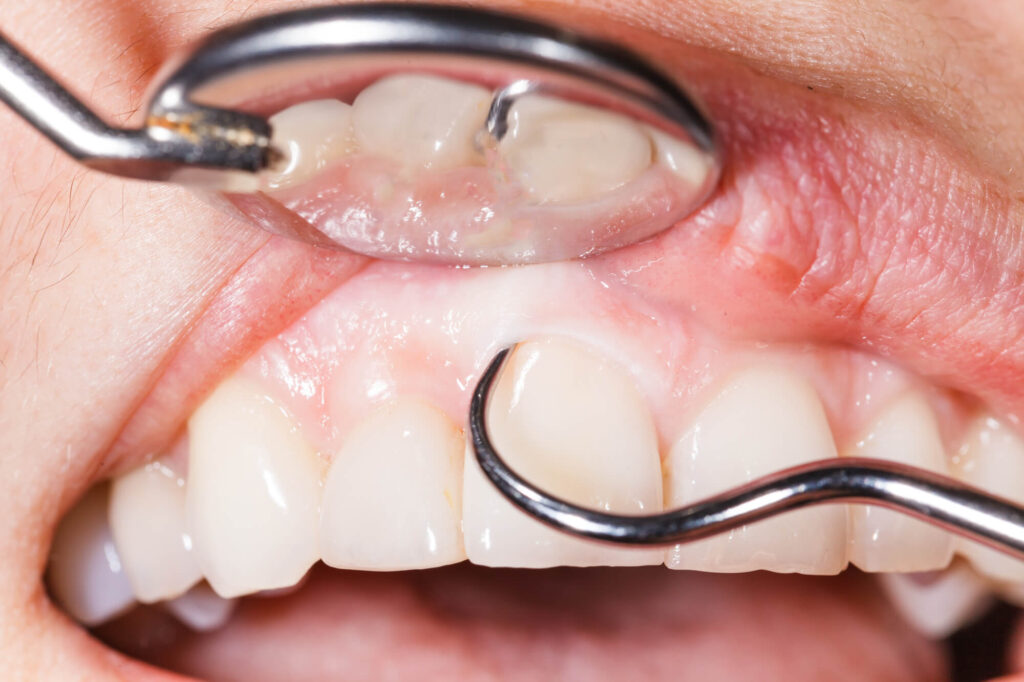
Need to See a Las Vegas Dentist?
Ignoring gum disease is a gamble with your oral and overall health. Don’t let this silent intruder wreak havoc in your life. Regular check-ups with your dentist, coupled with excellent oral hygiene practices, can help you keep gum disease at bay and preserve your smile for years to come.
Ready to prioritize your gum health and overall well-being? Schedule a dental check-up with Dee for Dentist today. Our experienced team is dedicated to helping you achieve and maintain optimal oral health. Don’t wait; a healthier smile awaits you!
